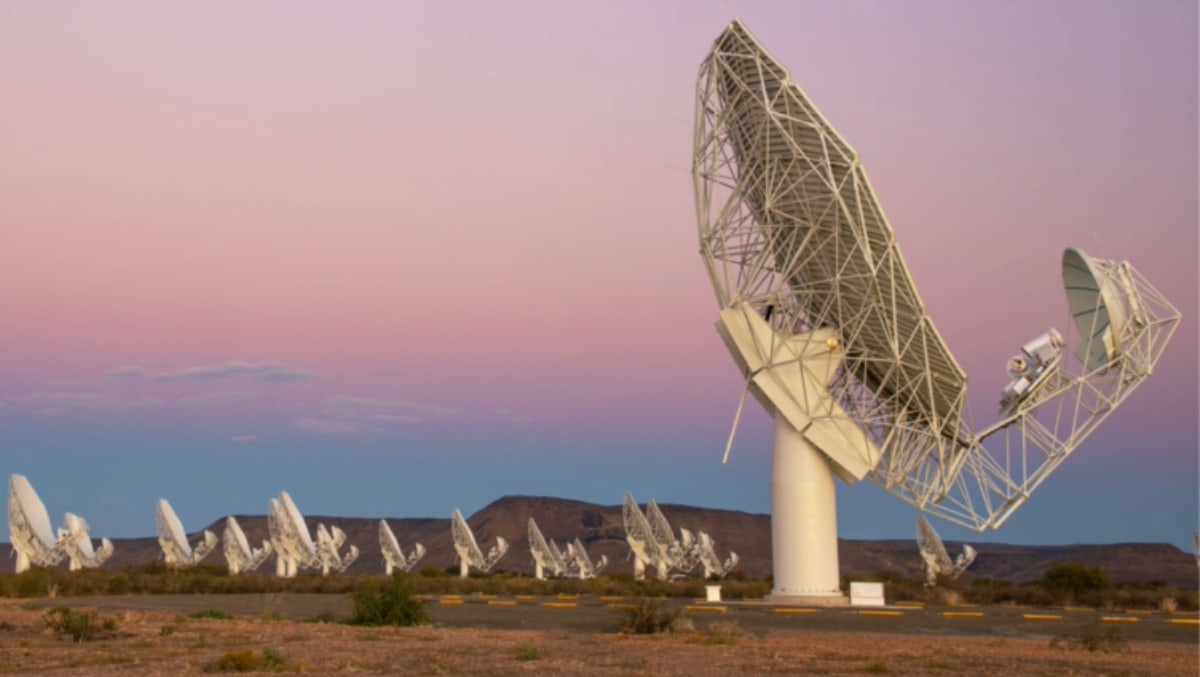A groundbreaking discovery in the depths of space has been unveiled – a testament to the power of collaboration among international astronomers. This monumental effort, which includes a researcher from the University of the Western Cape (UWC), has brought to light 49 new galaxies.
According to an article on the ScienceDaily website, they used the MeerKAT radio telescope located in South Africa to uncover the galaxies. The revelation promises to reshape our understanding of the cosmos.
Under the leadership of Dr Marcin Glowacki from Curtin University’s node of the International Centre for Radio Astronomy Research (ICRAR) in Western Australia, the team embarked on research to study star-forming gas within a single radio galaxy. However, their observations, spanning less than three hours, led to the unexpected discovery of dozens of previously unknown galaxies nestled within the data.
Dr Glowacki, a former UWC postdoctoral researcher who worked under Professor Ed Elson’s supervision, expressed his astonishment in the article: “I did not expect to find almost fifty new galaxies in such a short time.”
Leveraging various techniques, the team detected the gas within these galaxies, affectionately dubbing them the “49ers” in homage to the famed California gold rush miners of 1849.
These newfound galaxies, many forming clusters with neighbouring galaxies, offer a captivating glimpse into cosmic dynamics. Three galaxies directly linked by their gas are of particular interest, suggesting a complex interplay of stellar formation and galactic evolution.
Prof Elson from UWC, a co-author of the paper, emphasised the discovery’s significance and highlighted the MeerKAT telescope’s remarkable imaging capabilities.
“The astrophysics group at UWC is deeply engaged in numerous projects centred around MeerKAT, with several members spearheading expansive galaxy survey initiatives leveraging the capabilities of the telescope,” revealed Prof Elson.
The methods developed for this study are expected to enhance future observations for large-scale surveys and smaller observing campaigns. The discovery was further enriched by the contributions of Jasmine White, an ICRAR student, who assisted in identifying additional gas-rich galaxies in separate MeerKAT observations.
























Leave a Reply